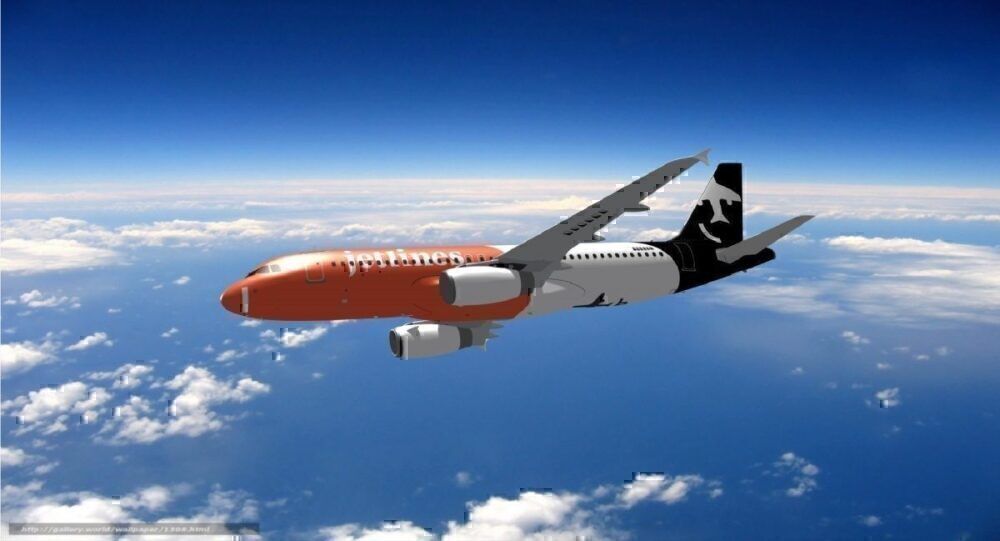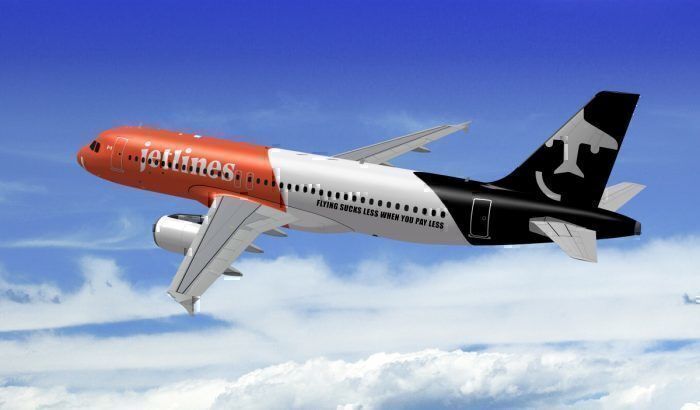Canada Jetlines, the newest, all-Canadian leisure carrier, has just announced its intention to raise $2.85 million to support its Stage 2 licensing process for certification by Transport Canada.
Financing for the future
Despite being a well-capitalized airline, Canada Jetlines would still require long-term financing to progress its takeoff roll further and secure its position as an operational airline. In March, the airline managed to pass Stage 1 in a two-part certification process needed before receiving an air service operating license from Transport Canada. For Stage 2, Canada Jetlines will need to prove that it has the required compulsory funding to finance itself for at least 90 days.
The sale units are being issued at $0.35 per unit, consisting of one common share and an additional one-half of one warrant. Each warrant will entitle the holder to purchase an additional share for four years after closing at $0.50 per warrant share during the first two years after issuance. The price will be $0.65 per warrant share during the third and four years after issuance. The net proceeds of the placement will be used to advance the Canadian airline's licensing process and other general corporate and working capital purposes.
Almost cleared for takeoff
Once the funding is received and the airline passes Stage 2, it will be issued its permit to commence commercial aircraft operations after nearly a decade of trying.
The next crucial step would be choosing a primary base, and Canadian Jetlines has chosen Toronto Pearson International Airport as its central hub, much to the delight of Janik Reigate, Director of Strategic Customer Relationships, Greater Toronto Airports Authority, as she said:
“We’re looking forward to welcoming Canada Jetlines to the Toronto Pearson family. The aviation activity at Toronto Pearson drives regional, provincial and national economic growth, and as we look to a brighter future as travel restrictions continue to ease, new partnerships such as this one will be vital to driving Canada’s post-pandemic recovery.”
The Canadian carrier has set its eyes on international departures throughout Canada, the Caribbean, Mexico, the US, and domestic cities from its newly chosen central hub.
When a busy airport such as Toronto Pearson is paired with a new airline operating on a leisure-focused business model, there is a high chance of good passenger numbers - as excitedly stated by Eddy Doyle, Chief Executive Officer of the airline:
"We name Toronto Pearson as our primary travel hub, in preparation for summer service. This partnership will allow us to better service both domestic and international travelers to and from Canada’s busiest airport. We are optimistic for the future of Canada Jetlines and aim to strengthen the aviation industry in Toronto and beyond, increasing job opportunities and economic growth in the region."
Moreover, the airline plans for a fleet of Airbus family aircraft, starting with the Airbus A320. Canada Jetlines is forecasting that its fleet will grow to 15 aircraft by 2025.
Bottom line
The private raise will undoubtedly help Canadian Jetlines pass through Stage 2 of its two-part verification with Transport Canada. And with one Airbus A320 already in its fleet, the airline is undoubtedly ready.
Although no routes have been announced yet, it would be interesting to see which is the first city Canadian Jetlines is aiming towards. Would the airline play it safe and announce a domestic city, or play a bold move and announce an international city?



